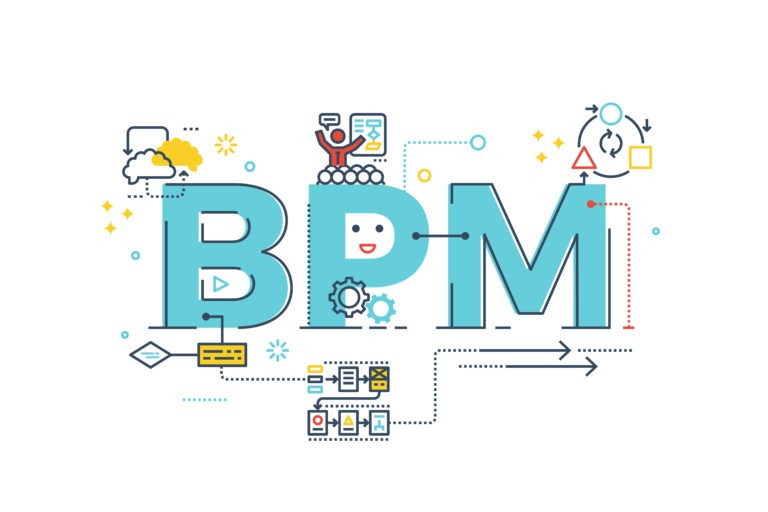In today’s dynamic business landscape, automation has emerged as a game-changer in the realm of Business Process Management (BPM). It’s not just about saving time or reducing errors; it’s about driving productivity, enhancing customer experiences, and ensuring compliance. Let’s delve into how automation is reshaping BPM and the profound impact it’s having on businesses worldwide.
Boosting Productivity and Reducing Errors A McKinsey & Company study reveals that automation can ramp up productivity by a staggering 60% while simultaneously slashing errors by up to 90%. By automating routine tasks, businesses liberate their workforce to focus on high-value activities. This newfound agility allows them to respond swiftly to market dynamics and innovate faster.
The Growing Market for Automation The global business process automation market is on an upward trajectory, projected to reach USD 19.62 billion by 2025, with a CAGR of 13.3%. This growth underscores automation’s significance in BPM as more organizations adopt automation solutions to optimize their operations.
Adapting to Market Dynamics Automation empowers businesses to efficiently tackle demand fluctuations and supply chain disruptions. Processes like inventory management can be automated, ensuring that stock levels are continuously optimized. This adaptability is crucial for staying competitive in today’s volatile markets.
Enhancing Customer Experiences Automation isn’t just about behind-the-scenes operations. It also directly impacts customers. By automating customer-facing processes such as order fulfillment and support, businesses deliver faster and more personalized services. This leads to higher customer satisfaction and long-term loyalty.
Driving Cost Efficiency and Profitability Automation’s cost-saving potential is remarkable. Tasks like invoicing and accounts payable can be automated, reducing the time and resources needed. The result? Reduced operational costs and enhanced profitability.
Mitigating Risk and Ensuring Compliance In the age of stringent regulations, automation plays a pivotal role in compliance. Processes like data privacy and financial reporting can be automated to minimize errors and noncompliance risks. Automation provides transparency and insight, making it easier to identify and resolve potential issues.
The era of automation in BPM is here, and it’s transforming the way businesses operate. As the market continues to grow, embracing automation isn’t just a choice; it’s a necessity for staying competitive and ensuring sustainable growth.




